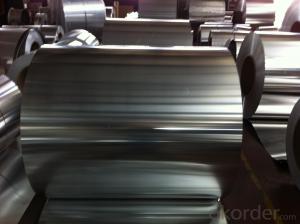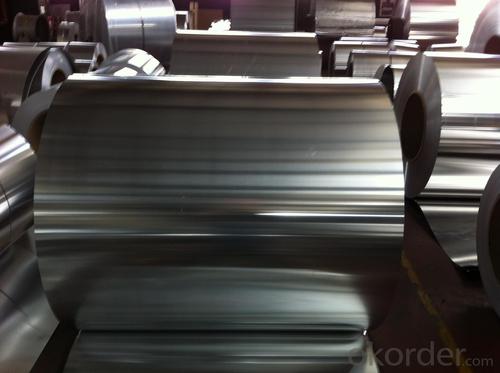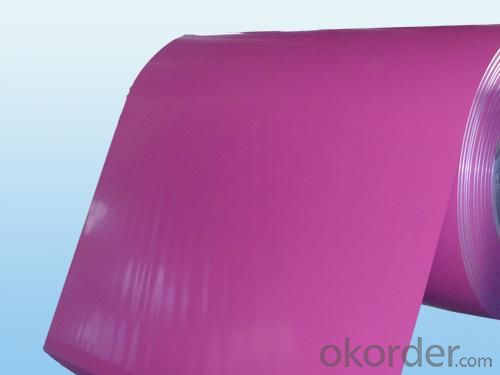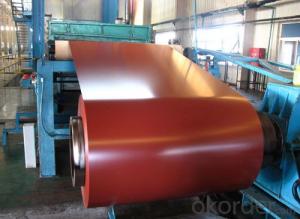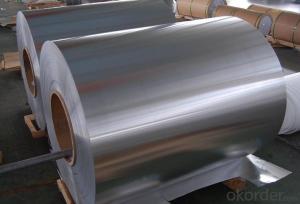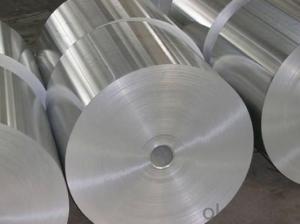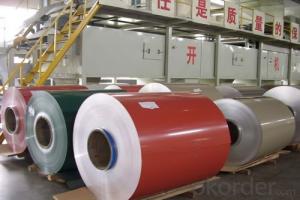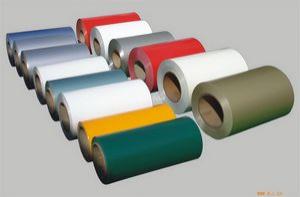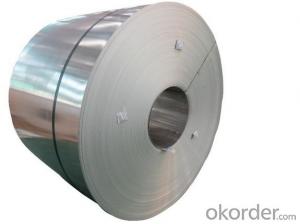49 Inches Continuous Rolling Aluminum Coils for Composite Panel
- Loading Port:
- Shanghai
- Payment Terms:
- TT OR LC
- Min Order Qty:
- 5 m.t.
- Supply Capability:
- 1000000 m.t./month
OKorder Service Pledge
OKorder Financial Service
You Might Also Like
Specification
1.Structure of Continuous Rolling Aluminum Coils for Composite Panel
Continuous Rolling Aluminum Coils for Composite Panel is one semi-finished aluminium material. This strip can be rolled down to aluminium coil,sheet,circle ect. The alloy AA1050 is widly used in building, industry ect. Its weight is much lower than steel. So many customers choosed aluminium material instead of steel.
2. Main features of Continuous Rolling Aluminum Coils for Composite Panel
a.Competitive price---We have our own mills and can produce mill finished aluminium coils, so we can control the production cost better.
b.Professional after-sale service---We havemore than 15 years exportation experience and you need not worry about the exporation problems.
c.Fast delivery time---We can control the delivery time within 35 days.
3. Image of Continuous Rolling Aluminum Coils for Composite Panel
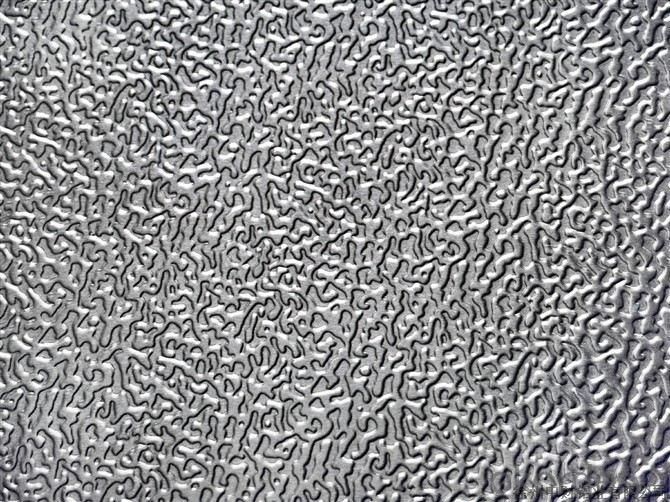
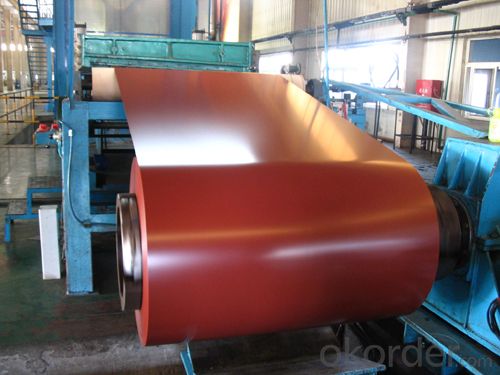
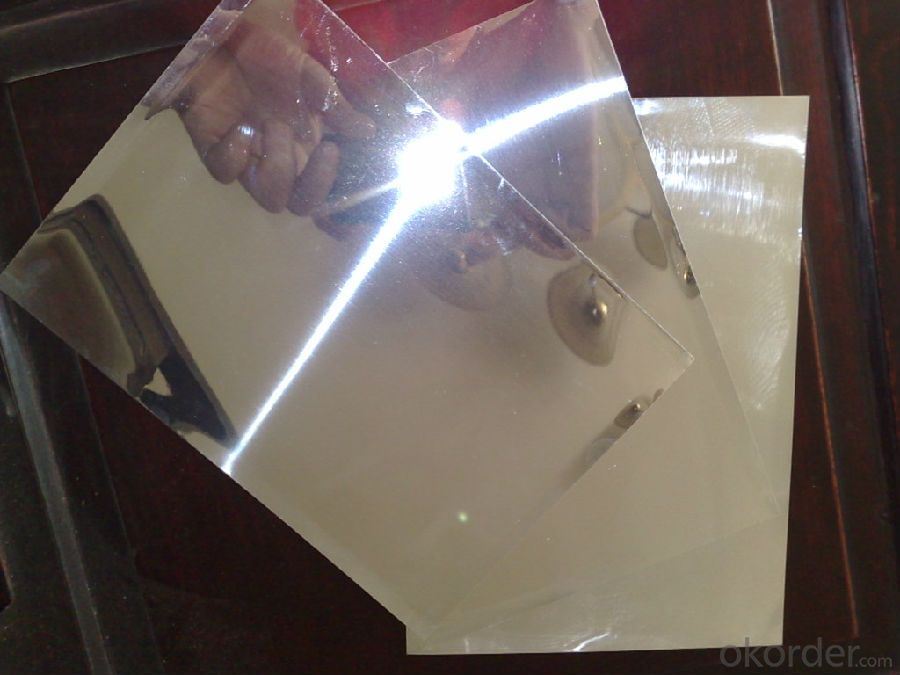
4. Product Specification
| ALLOY | TEMPER | THICKNESS | COATING | WIDTH |
| AA1050 | H22 | 0.2MM-3MM | 22-25 MICRONS | 1200MM-1500MM |
5.FAQ:
What is the quality standard?
---Usually our standard is GB3880-2006
What is the largest width?
---It is 2300mm
What is the MOQ?
---Usually we can accept 80 tons.
- Q: This question asks for criteria or methods to determine if an aluminum coil is of high quality.
- <p>To identify a high-quality aluminum coil, consider the following factors: purity level, which should be 99.5% or higher for most applications; surface finish, ensuring it's smooth and free from defects; thickness consistency, which should be uniform across the entire coil; mechanical properties, such as tensile strength and elongation, that meet industry standards; and adherence to specific alloy grades for particular applications. Additionally, check for certifications from recognized standards organizations and consider the supplier's reputation for quality and consistency.</p>
- Q: Can we provide raw materials, aluminium coils and aluminum panels for several integrated ceilings?
- You go to my space, add my QQ bar, I do aluminum, aluminum coil, aluminum wafer, and I also want to know about the requirements of integrated ceiling ~ ha ha!
- Q: To put aluminum heads on my car do i have to add other things or basically can i just get them and put them on
- Aluminum heads will warp the first time the engine accidentally overheats. Why would you go with aluminum?
- Q: How do aluminum coils contribute to recyclability in the construction industry?
- The inherent properties and characteristics of aluminum coils play a vital role in improving recyclability in the construction industry. To begin with, aluminum is a material that can be recycled repeatedly without losing its quality or physical properties, making aluminum coils an eco-friendly and sustainable option for construction projects. The recyclability of aluminum coils aids in reducing the environmental impact associated with the construction industry. By opting for aluminum coils, construction companies can contribute to the preservation of natural resources and the reduction of energy consumption. Recycling aluminum requires much less energy compared to producing it from raw materials, resulting in a significant decrease in greenhouse gas emissions and carbon footprint. Furthermore, the use of aluminum coils in construction simplifies the dismantling and deconstruction processes, making it easier to separate the aluminum components from other materials. This efficient separation allows for effective recycling of aluminum coils, ensuring that they can be transformed into new products or materials. Moreover, aluminum's durability and resistance to corrosion make it a suitable choice for construction applications. Its long lifespan reduces the need for frequent replacements, thereby minimizing waste generation and the consumption of raw materials. When the time comes to replace or renovate a building, the aluminum coils can be effortlessly collected, recycled, and reintroduced into the manufacturing cycle, completing the material's lifecycle. In conclusion, aluminum coils play a significant role in enhancing recyclability in the construction industry. Their high recyclability, low energy requirements for recycling, and ease of separation during deconstruction make them an environmentally friendly choice. By utilizing aluminum coils, the construction industry can promote sustainability, reduce waste generation, and conserve natural resources, ultimately leading to a greener and more circular construction sector.
- Q: Is aluminium a safe metal to put in ones mouth without any side effects?
- Why wouldn't it be. You drink soda from an aluminum can, you wrap food in aluminum foil.
- Q: What are the potential challenges in recycling aluminum coils?
- Recycling aluminum coils presents several potential challenges that need to be addressed. To begin with, the removal of contaminants such as paint, oil, or other coatings from aluminum coils is a crucial step before the recycling process can commence. This task can be both time-consuming and costly as it requires thorough cleaning to ensure the quality of the recycled aluminum. Furthermore, the presence of mixed materials like steel or plastic in aluminum coils complicates the recycling process even further. These materials must be separated from the aluminum before it can be melted down and recycled. This separation necessitates specialized equipment and expertise, thereby increasing the cost and complexity of recycling aluminum coils. Transportation and logistics also pose a significant challenge in recycling aluminum coils. Their large and heavy nature makes it challenging and expensive to transport them to recycling facilities. Additionally, these facilities must possess suitable infrastructure to handle and process the coils efficiently. Moreover, the fluctuating market prices of aluminum contribute to the challenges in recycling aluminum coils. The value of recycled aluminum is influenced by global supply and demand, which can vary greatly over time. This unpredictability makes it difficult for recyclers to accurately predict the financial returns from recycling aluminum coils, potentially impacting the viability of the recycling process. Lastly, the overall awareness and participation in aluminum coil recycling present a challenge. Many industries and individuals may lack awareness regarding the benefits of recycling aluminum coils or may not have access to recycling facilities. Overcoming this challenge requires increasing education and improving accessibility to recycling programs, thereby promoting the sustainable recycling of aluminum coils.
- Q: What are the common testing methods for aluminum coils?
- To ensure the quality and performance of aluminum coils, various testing methods are utilized. These methods encompass: 1. Visual inspection: A comprehensive examination of the coils is conducted to identify any visible defects like dents, scratches, or surface irregularities. This serves as an initial and fundamental step in the testing process. 2. Dimensional measurement: The dimensions of the aluminum coils are measured to verify if they meet the specified requirements. This involves assessing the length, width, and thickness of the coils. 3. Tensile testing: The mechanical properties of the aluminum coils, such as strength and elasticity, are evaluated through tensile testing. This procedure entails applying a tensile force to a sample of the coil until it fractures or deforms, enabling the determination of its tensile strength. 4. Hardness testing: The suitability of aluminum coils for specific applications is determined by assessing their hardness. Various methods, such as Rockwell or Brinell hardness tests, are employed to measure the coil's surface resistance to indentation or scratching. 5. Chemical composition analysis: The chemical composition of the aluminum coil is analyzed to ensure it meets the required specifications. Common techniques used for this analysis include spectroscopy or X-ray fluorescence (XRF) analysis. 6. Corrosion resistance testing: Due to exposure to harsh environmental conditions, it is crucial to assess the resistance of aluminum coils to corrosion. Tests such as salt spray testing or electrochemical impedance spectroscopy (EIS) are conducted to determine the coil's ability to withstand corrosion. 7. Coating quality assessment: If the aluminum coil is coated with a protective layer, testing methods such as adhesion testing, coating thickness measurement, or impact resistance testing are employed to ensure the quality and durability of the coating. These testing methods are commonly employed for aluminum coils. By conducting these tests, manufacturers can guarantee that the coils meet the required standards and perform optimally in their intended applications.
- Q: Can aluminum coils be used in marine applications?
- Marine applications can indeed utilize aluminum coils. The popularity of aluminum in this field can be attributed to its remarkable resistance to corrosion, lightweight nature, and impressive strength-to-weight ratio. Boats, ships, and other marine structures are commonly constructed using aluminum due to these advantages. Specifically, aluminum coils are especially valuable in marine applications because they can be easily shaped and sized to fit different marine industry parts and components. Moreover, these coils possess the ability to endure harsh marine environments and exhibit exceptional resistance to corrosion caused by saltwater, a major concern in marine applications. All in all, the utilization of aluminum coils in marine applications is a dependable and efficient choice.
- Q: How do aluminum coils contribute to the durability of structures?
- Aluminum coils contribute to the durability of structures due to their inherent properties such as corrosion resistance, lightweight nature, and high strength-to-weight ratio. These coils, when properly installed, form a protective layer on the structure, shielding it from environmental factors like moisture, UV rays, and temperature variations. This corrosion resistance ensures that the structure remains intact and free from rust, extending its lifespan. Additionally, the lightweight nature of aluminum coils reduces the load on the structure, making it less prone to stress and allowing for easier installation. Overall, the use of aluminum coils enhances the durability of structures by providing long-lasting protection and structural integrity.
- Q: Is it appropriate to use a hammer to open or unroll an aluminum coil?
- <p>Using a hammer to open an aluminum coil is not recommended. Hammers are designed for striking and can easily damage the aluminum, causing dents or deformation. Instead, use a pry bar or a similar tool to gently unroll the coil without applying excessive force. This will help prevent damage to the aluminum and ensure it remains in good condition for further use.</p>
Send your message to us
49 Inches Continuous Rolling Aluminum Coils for Composite Panel
- Loading Port:
- Shanghai
- Payment Terms:
- TT OR LC
- Min Order Qty:
- 5 m.t.
- Supply Capability:
- 1000000 m.t./month
OKorder Service Pledge
OKorder Financial Service
Similar products
Hot products
Hot Searches
Related keywords
